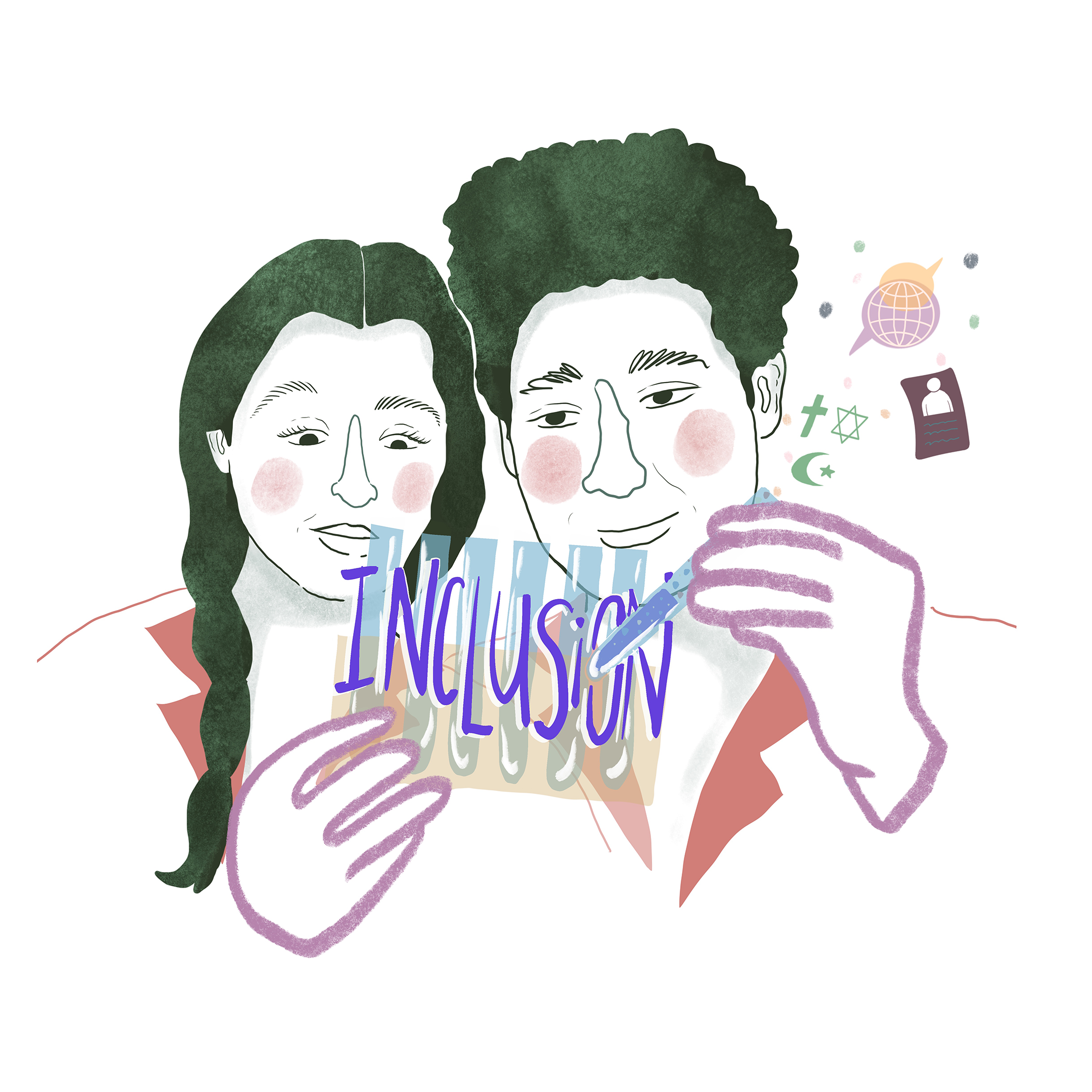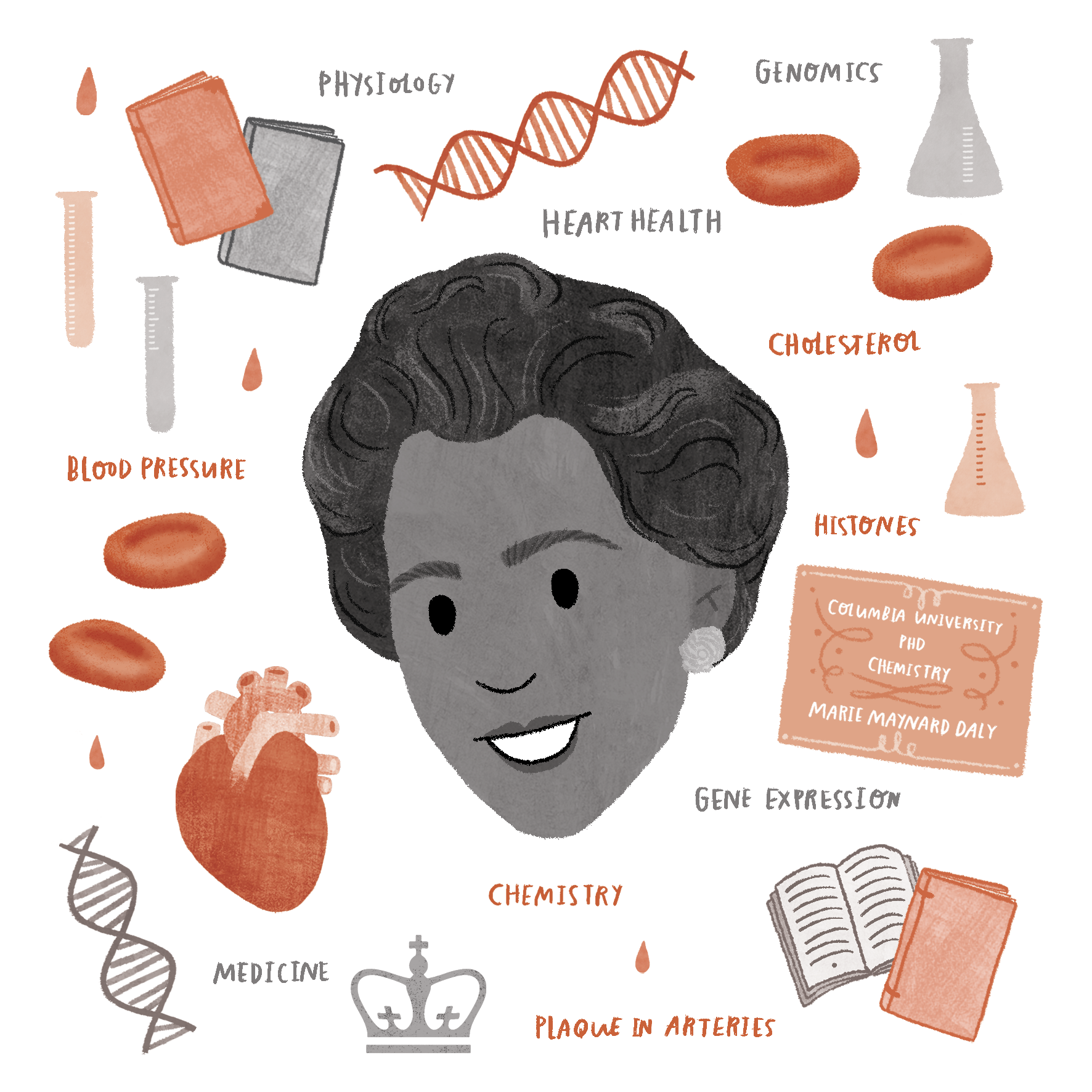Why is it so hard to have conversations with people about vaccines? Why are people unvaccinated? How do I get them to listen to me? And why can’t people just trust science?

If you are like me, you might be frustrated by people who are vaccine-hesitant. After two years of a pandemic, it’s hard to believe that some people are still uninformed when it comes to vaccines. You might ask yourself, “How can someone not be vaccinated when there is so much evidence to support it?” The concept of motivated reasoning helps answer that question.
Motivated reasoning is a phenomenon where someone’s emotional biases outweigh evidence when forming an opinion, a belief, or a decision. Check out this Lifeology course for a detailed explanation.
A person’s whole life can impact their choice not to get vaccinated even though there is ample scientific evidence in favor of vaccines. But this doesn’t mean we can’t have conversations about vaccines with people to understand their decision. Here are some tips for communicating effectively about vaccines while keeping motivated reasoning in mind.
1. Have in-person conversations
When possible, face-to-face conversations about vaccines are most effective for clear communication. It is hard to convey tone in written forms of communication, such as texts, emails, and social media posts. A conversation in person or over video call allows the person to hear your tone, see your body language, and react accordingly. You can gauge one another’s emotions and have a more impactful conversation.
2. Know your goal
When talking to someone with a different opinion than yourself, remember that you can’t change someone’s mind. Make an achievable goal before the conversation to remind yourself why you are having it. “I want to communicate my reasoning for vaccination while listening to their opinion.”
You can’t change someone’s mind, but what you can do is try to understand someone’s point of view.
3. Ask questions
Having an open dialogue is critical for tough conversations about vaccines. If you want someone to understand you, you also should be willing to understand them. When met with a differing opinion, instead of saying, “There is no evidence to back that up,” ask them, “Why do you think that?” Asking questions creates a safe space for mutual understanding instead of giving a lecture to an unwilling student.
4. Be empathetic
Don’t automatically write off the person as “anti-science” or an “anti-vaxxer.” Creating opposition with the person you are talking with will make you defensive. Instead, relate to the other person through empathy. At the beginning of the pandemic, were they scared, confused, anxious, or upset? Were you?
You likely share some emotional responses to the past few years. Talking about your shared fears and concerns will help the other person understand that you share a common goal: to keep yourself and your loved ones healthy.
5. Know the barriers to vaccination
Not everyone has the same access to vaccines or trust in medical professionals and scientists. There are a lot of reasons why someone might not be up to date on their vaccines, including:
- Insurance issues
- Fear of needles
- Limited access to a vaccination clinic
- Past negative experiences with medical professionals
- Vaccine side-effects
- Vaccination isn’t medically advised due to their health conditions
Keep these in mind when having conversations about vaccination. For some, it’s not as easy as going to their local pharmacy for a shot.
6. Provide resources
In the age of social media, we are bombarded with articles, news stories, advice, and conflicting information. It’s no wonder why people can be misinformed! Now that you better understand their concerns, you can offer some resources on those topics. Allowing them to read the information for themselves can help them make an informed opinion without telling them how they should act.
Here are a few resources that you could share:
I had COVID-19 when I got my booster… do I need another one?
Why Oh Why Do Scientists Keep Changing Their Minds?
7. Set boundaries
You likely will not change anyone’s mind with one conversation. That’s okay; you planted a seed that might make them reconsider their view on vaccines in the future. However, what if you aren’t comfortable being around an unvaccinated person? This is when you clearly state your boundaries and stick to them to keep yourself safe.
For example:
- To a coworker: “A safe work environment is important to me. I would appreciate everyone wearing a mask in our common areas.”
- To a friend:“I’m not comfortable eating at an indoor restaurant and possibly being exposed to COVID. I can host dinner or plan a picnic instead.”
- To a family member: “I don’t feel comfortable having you over until you are fully vaccinated or until my toddler can be. We can video call instead!”
Using these tips can uncover someone’s motivated reasoning and better understand what is impacting their decisions. Knowing this will help make an uncomfortable conversation a little easier and hopefully allow you to find common ground.




